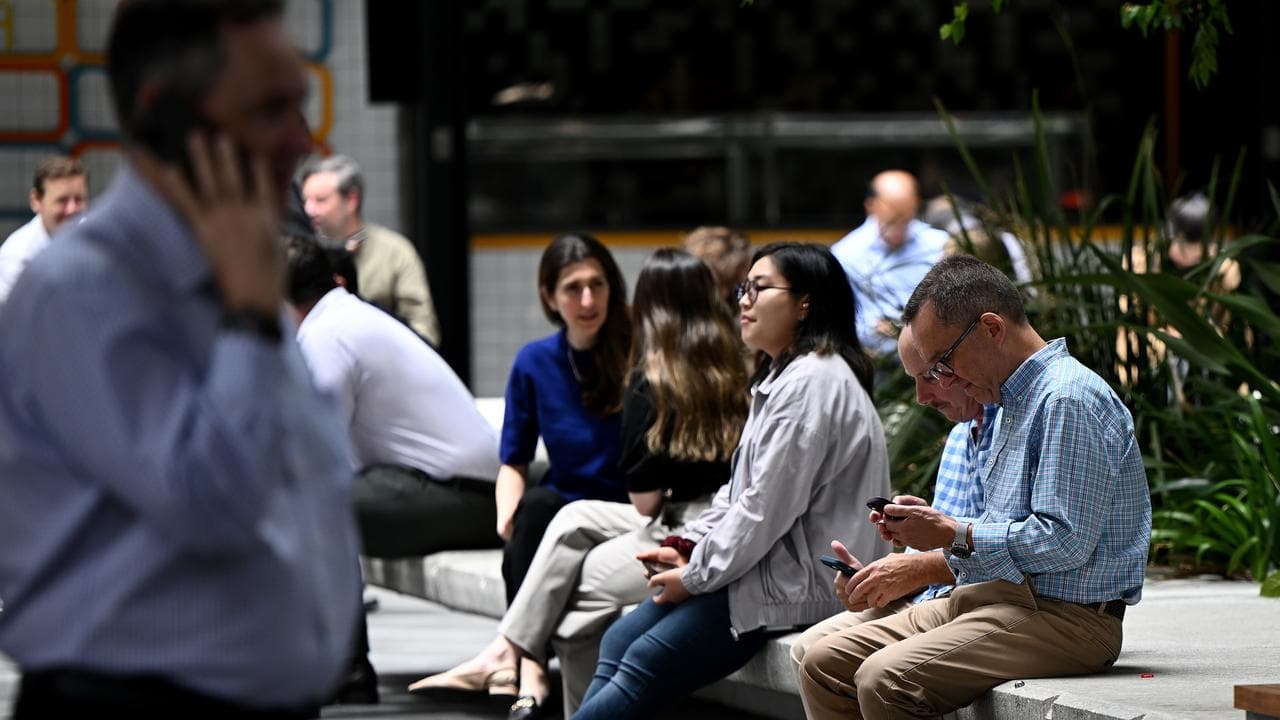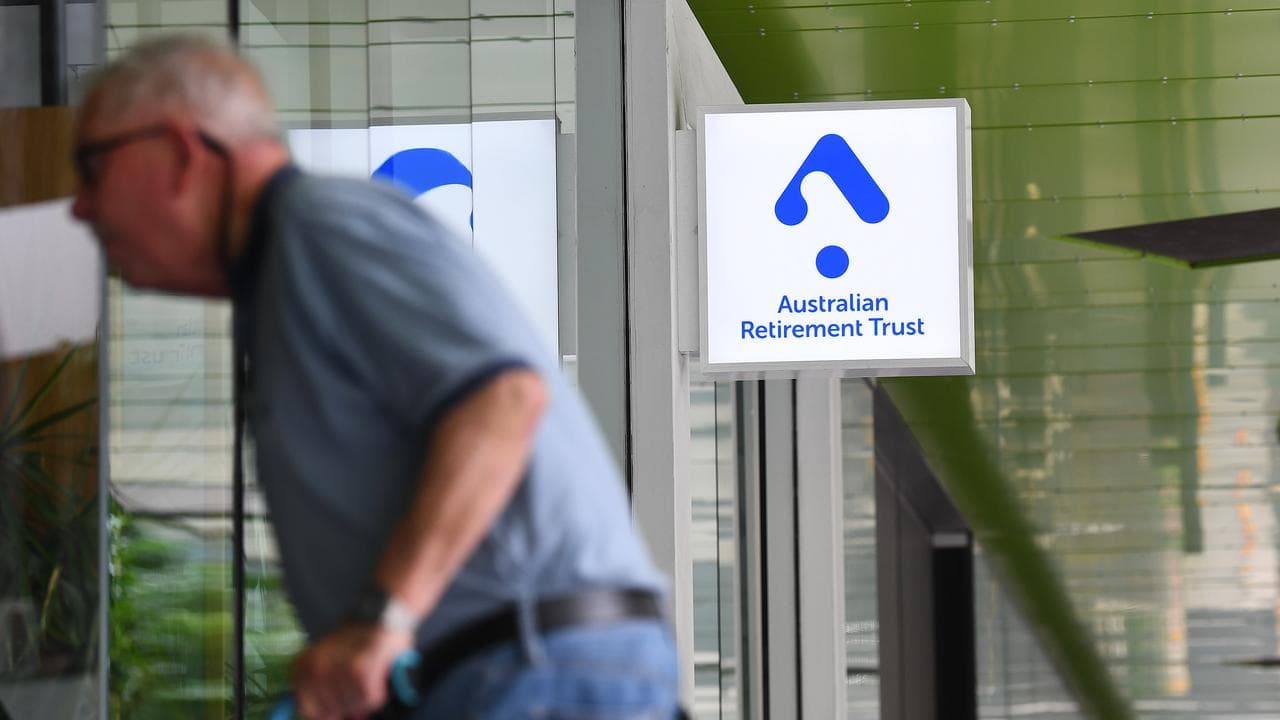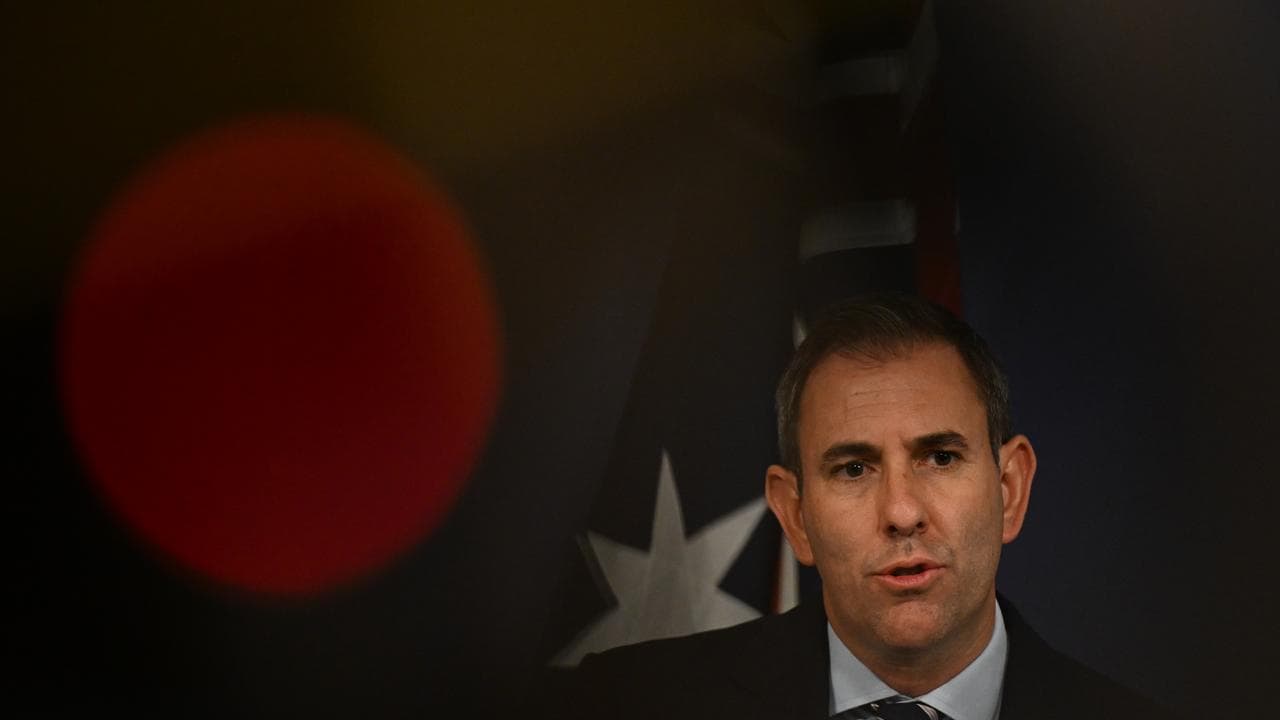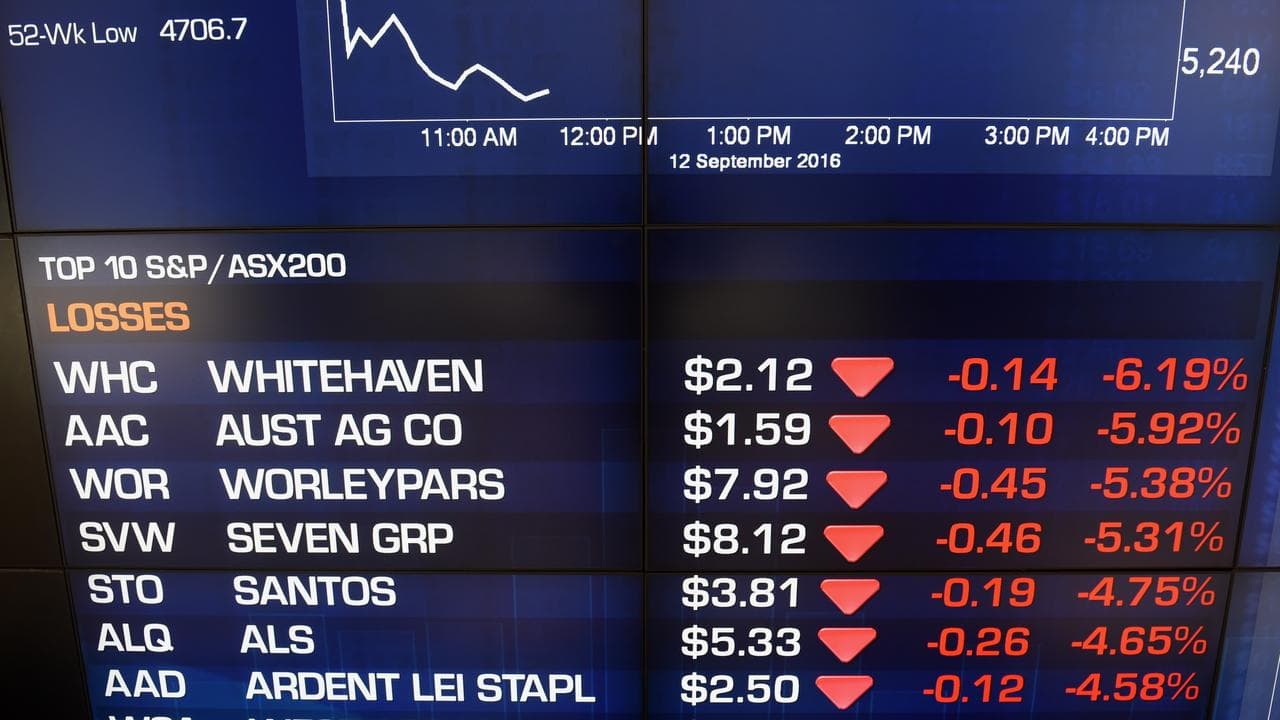
Donald Trump is "burning down a house to cook a steak" as local and international equity markets go into freefall in response to the US president's trade tariffs.
But superannuation funds are urging people to not panic if their balances slide.
The Super Members' Council implored members to not move their money following a short-term market downturn and face missing out on a subsequent recovery in value.
"Super is a long-term investment,'' executive general manager Matthew Linden said.
"We expect this week’s market falls will have little impact in 20 years - and beyond - when most of today’s super fund members will be starting to think about retiring."

Australians might rightfully be concerned about the state of the economy and their superannuation balances, IG markets analyst Tony Sycamore says.
"I would describe it as being very much on a cliff edge," Mr Sycamore told AAP.
"We're looking over. There's recession down there, there's a liquidity crunch down there."
Australia was uniquely placed to weather the economic storm, Treasurer Jim Chalmers said.
Treasury modelling unveiled on Monday predicted Australia's GDP to be 0.1 per cent lower and inflation to be 0.2 per cent higher in 2025 as a result of the tariffs.
Australia's GDP would be permanently lower over the medium term, mainly as a result of indirect effects from reduced export demand from Asia, while the inflationary increase would only be temporary.

"What we're seeing here is the impact of a series of bad decisions taken about tariffs," Dr Chalmers said.
"And the whole world is trying to get their head around the impacts on their own economies and the global economy."
More than $100 billion was wiped off Australian stocks on Monday after fears of a global recession heightened.
It was the market's worst daily result since the COVID-19 shock of May 2020.
Prime Minister Anthony Albanese acknowledged it was a concerning time for Australians.
"We're seeing a considerable impact, negative impact on the stock market,'' he said.
"That impacts Australians, because superannuation funds have their shares there."

Super funds are heavily impacted by falls in US equities because of their high allocations in the US stock market.
"If you log into your super fund at the moment - I'm too scared to look at mine - you're going to be feeling a lot poorer," Mr Sycamore said.
But the impact the downturn will have on Australians' incomes will depend on the stage they are at in their work life.
While retirees are reliant on superannuation payments for their income, they tend to have more conservative allocations with higher concentrations of bonds to equities, meaning their balances would be less impacted.
Someone in the 30 to 50 age bracket is likely to see their balance take a heavier hit, but past experience suggests it's likely to recover by the time they enter their retirement phase.
"If you've got a few years ahead of you, like many Australians will have, you're probably not so concerned," Mr Sycamore said.
Opposition Leader Peter Dutton said the coalition had a proven track record of handling global economic shocks, such as September 11 and COVID-19.
"In uncertain times, our country needs strong economic management," he posted on X.
"In this campaign the choice is about who can better manage our economy to help you get ahead."




